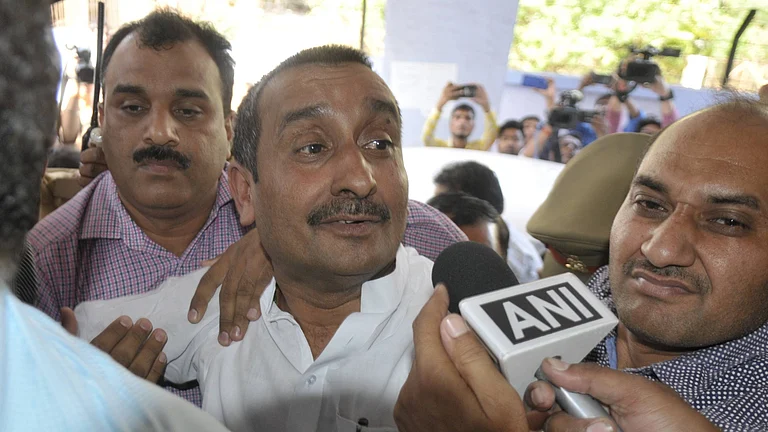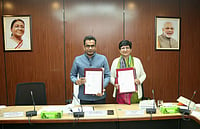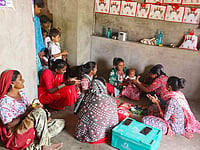In the 21st century, cholera deaths should be a thing of the past. Yet, the World Health Organization (WHO) warns that the disease is spiraling out of control, exacerbated by conflict, poverty, weak healthcare systems, and the growing impacts of climate change. From January to August 2025, cholera cases have surged to 409,000 globally, claiming nearly 5,000 lives across 31 countries. Despite a 20% drop in cases compared to last year, the number of deaths has risen sharply, underscoring the urgent need for better infrastructure, resources, and a more coordinated response to this preventable disease, as per the WHO report released recently.
According to the latest Disease Outbreak News, between January 1 and August 17, 2025, cholera cases have surged to 409,000, resulting in 4,738 deaths across 31 countries. Six nations have reported case fatality rates exceeding 1%, underscoring the severity of the situation, it said.
While cases were down 20 percent in the same period last year, deaths were up 46 percent.
Cholera, an acute diarrheal infection caused by the Vibrio cholerae bacterium, spreads rapidly through the consumption of contaminated water or food. While mild cases can be treated with oral rehydration solutions (ORS), the disease can progress quickly, leading to dehydration and death if untreated. Severe cases require intravenous fluids and antibiotics to prevent fatalities.
The WHO’s report highlights the Eastern Mediterranean as the region with the highest number of cases, while Africa has been hardest hit in terms of fatalities. The organization attributes the alarming rise in cholera to factors such as ongoing conflicts, mass displacement of populations, natural disasters, and the broader impacts of climate change. These factors have compounded the vulnerability of rural areas, especially those affected by flooding, where inadequate infrastructure and limited access to clean water and healthcare services have made containment increasingly difficult.
The UN body stresses that the diarrhoeal illness is not just a medical crisis but a glaring symptom of broader socio-economic inequalities. The lack of access to safe drinking water, sanitation, and hygiene is directly responsible for the rapid spread of the disease, as well as other waterborne illnesses. But now, conflicts hampering clean water availability and the health system are taking toll on the vulnerable population In many affected regions, these gaps in basic infrastructure are exacerbated by armed conflict and climate-related disasters, leaving communities exposed and unprotected. In fact, says the WHO, the disease is resurging in a number of countries, with some that had not reported substantial case numbers in years, including Chad and the Republic of the Congo, while others, including the Democratic Republic of the Congo (DRC), South Sudan, and Sudan, are experiencing outbreaks that are continuing from 2024, with significant geographic expansion.
The global health body further warns that the scale and complexity of the current outbreaks make them particularly challenging to control. The interconnected nature of the outbreaks, across both borders and regions, elevates the risk of further spread, with the WHO assessing the risk as “very high.” In response, WHO has called for urgent actions, including enhanced surveillance systems, increased WASH (Water, Sanitation, and Hygiene) interventions, targeted vaccination campaigns, and strengthened cross-border coordination.
The WHO has emphasized that addressing cholera is not simply about responding to outbreaks, but tackling the root causes: poverty, inequality, and insufficient investment in sanitation and water infrastructure. The organization underscores that sustainable solutions to prevent future cholera crises can only be achieved through comprehensive efforts to improve access to safe water, sanitation, and healthcare, particularly in conflict-affected and impoverished areas.
With the global public health threat escalating, the WHO has called on governments and international bodies to intensify efforts to curb the spread of cholera and ensure that vulnerable populations are protected from its devastating effects.



























